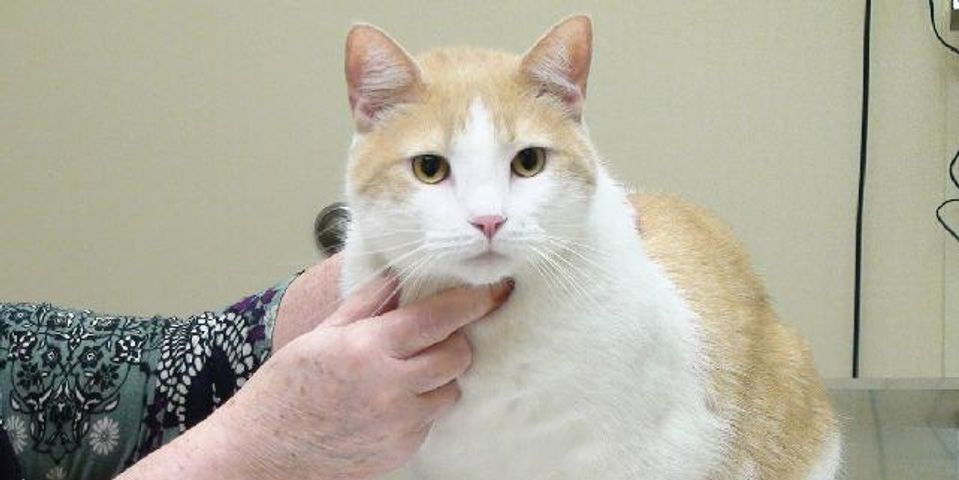
Located within animals’ necks, thyroid glands are responsible for producing a series of hormones that regulate a variety of essential functions in the body. When these glands produce too much a hormone known as thyroxine, pets may experience hyperthyroidism, which is a glandular disorder that increases an animal’s metabolic rate. Since this condition can have varying impacts on cat and dog health, here are a few important facts all pet owners should know about hyperthyroidism—and how a veterinarian can help treat it.
What Animals Are at Risk for Hyperthyroidism?
Hyperthyroidism is common among cats, but fairly rare among dogs. Typically, this condition is caused by a benign tumor that grows near the thyroid gland. Given that cats have two of these glands, growths may impact either or both glands. While these tumors can occur in any animal, they happen more frequently among senior pets.
Pets may also develop this condition as a result of taking medications that are prescribed by a veterinarian to treat hypothyroidism. Converse to hyperthyroidism, hypothyroidism is an underproduction of thyroxine. Although prescribed medications may increase production of the hormone, some dosage levels may result in overproduction, causing hyperthyroidism.
 What Are the Symptoms of Hyperthyroidism?
What Are the Symptoms of Hyperthyroidism?
This disorder develops gradually and can be hard for pet owners to detect in its early stages. As it progresses, however, changes to the animal’s metabolic rate may result in increased appetite, unusual weight loss, matted fur, frequent thirst and urination, and faster heart rate. Regarding behavior, cats and dogs may appear anxious or overactive. Some may even develop changes in their vocals, such as when they bark or meow.
What Is the Preferred Treatment for Hyperthyroidism?
Radioactive iodine (1-131) therapy is one of the most common treatments for hyperthyroidism-especially for cats. With 1-131 treatment, a veterinarian injects a radioactive solution into the animal’s bloodstream. Once the solution reaches the thyroid gland, it will destroy the areas responsible for the overproduction of hormones. After treatment is complete, pets generally do not need additional treatment.
Well-versed in the care of dog and cat hyperthyroidism, Elyria Animal Hospital in Elyria, OH, can quickly detect the presence of the disorder. If necessary, this Lorain County veterinarian will provide radioactive iodine treatment gently to minimize stress. For more details on the comprehensive services offered by this veterinary clinic, visit their website. To schedule an appointment, call (440) 365-3818.
About the Business
Have a question? Ask the experts!
Send your question

